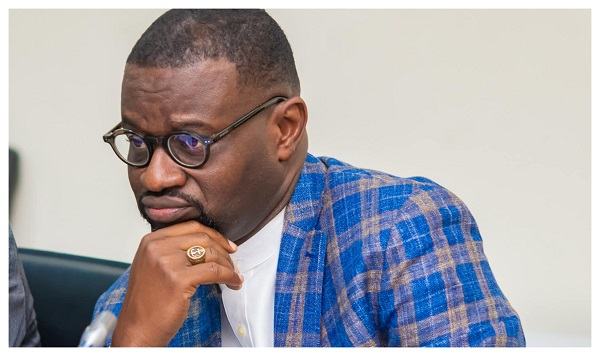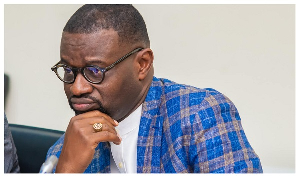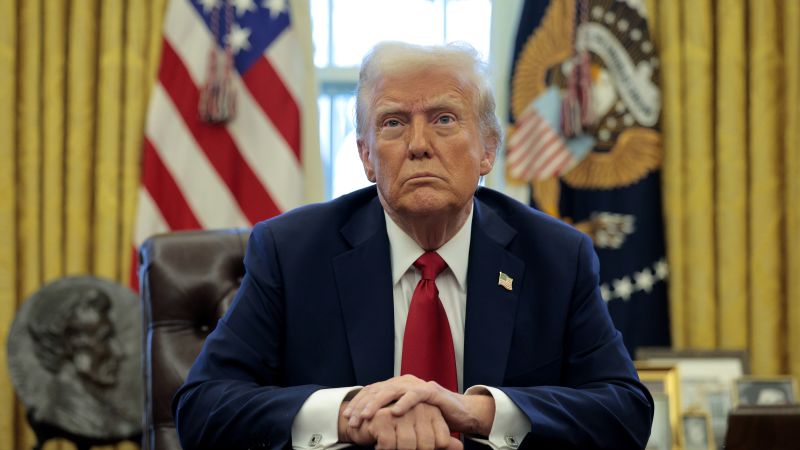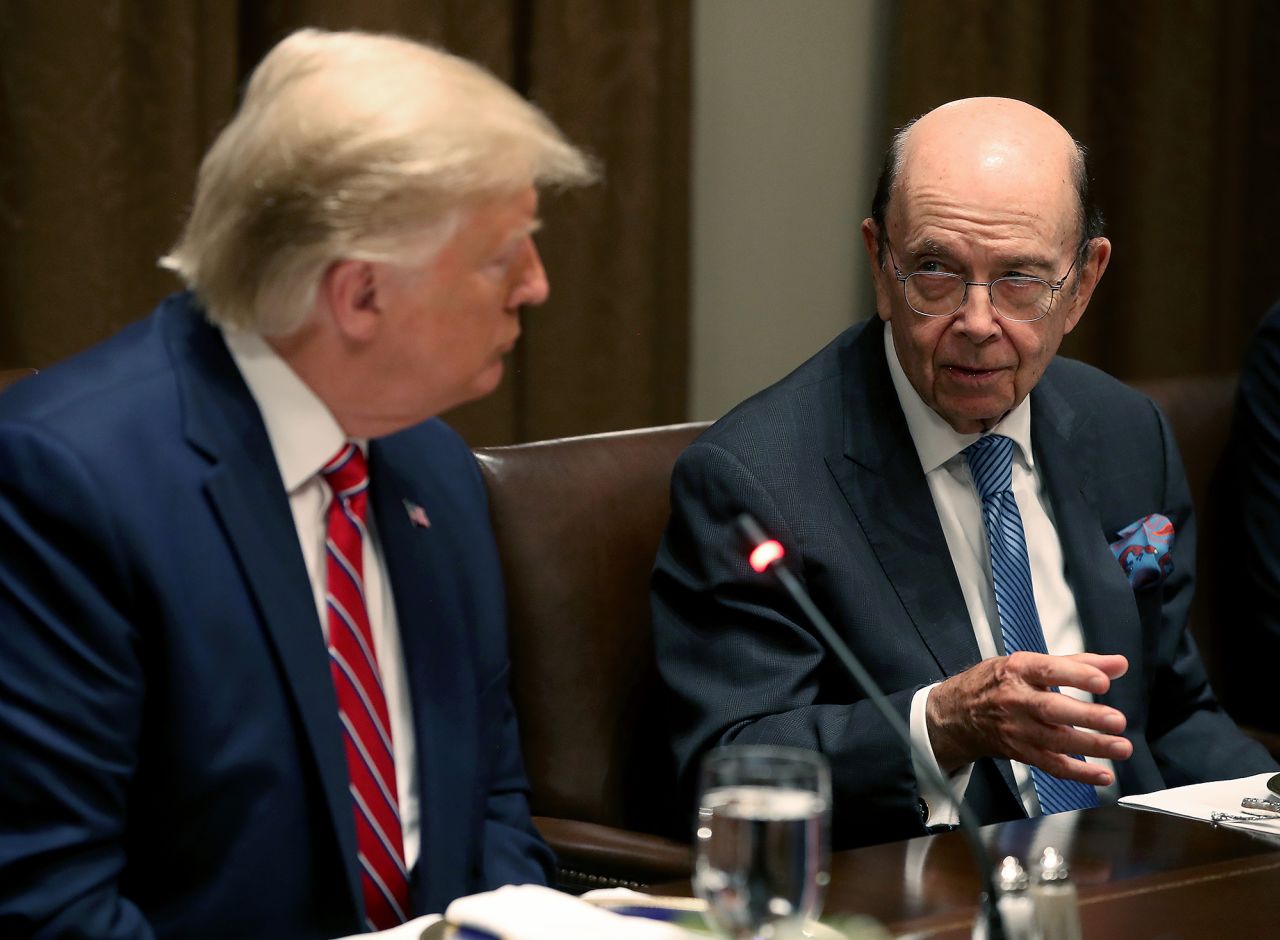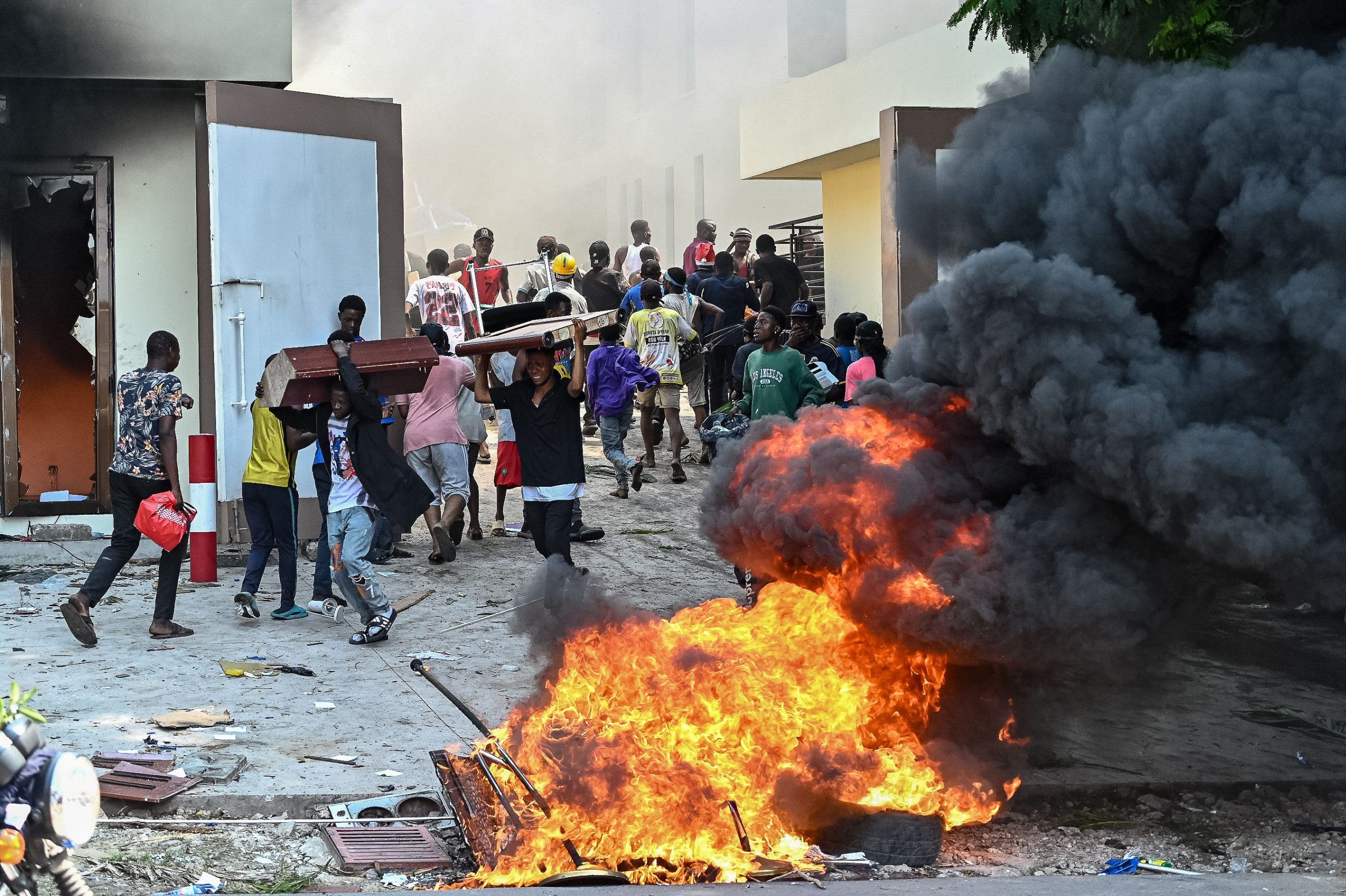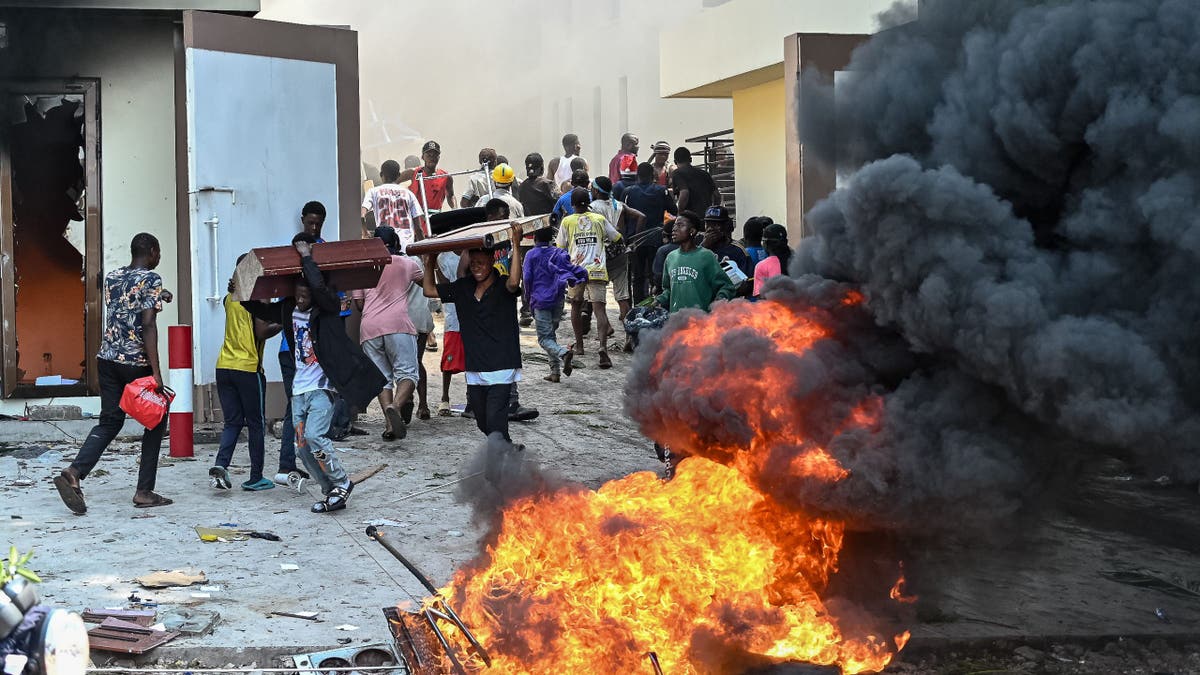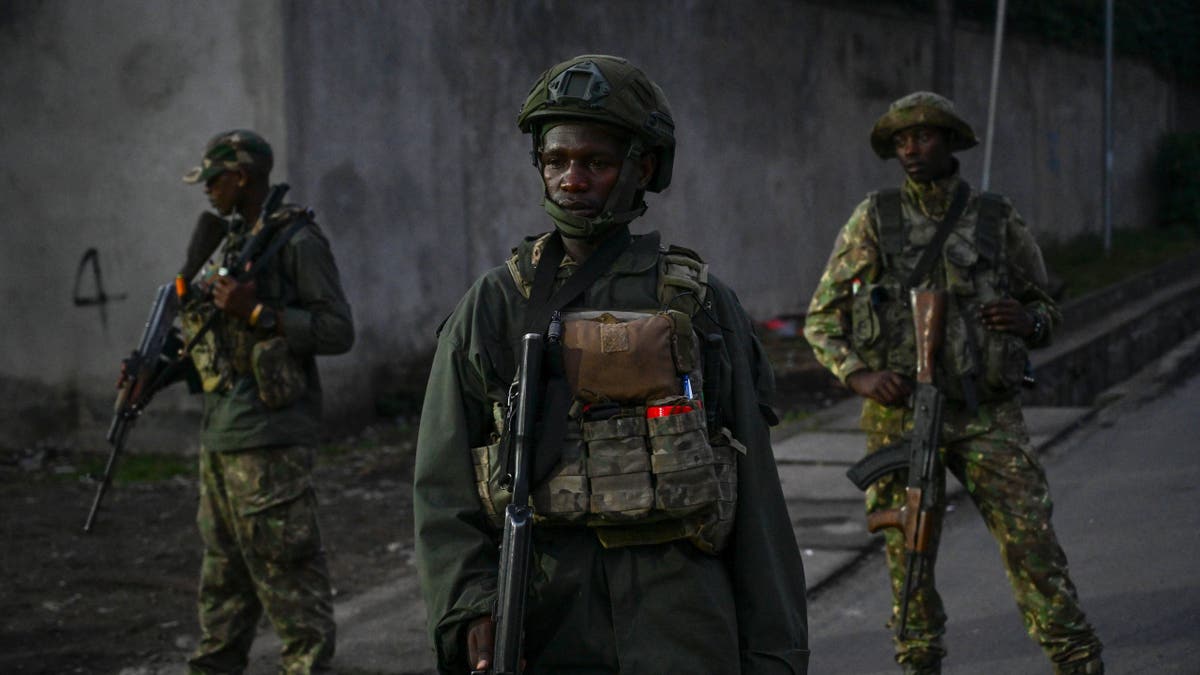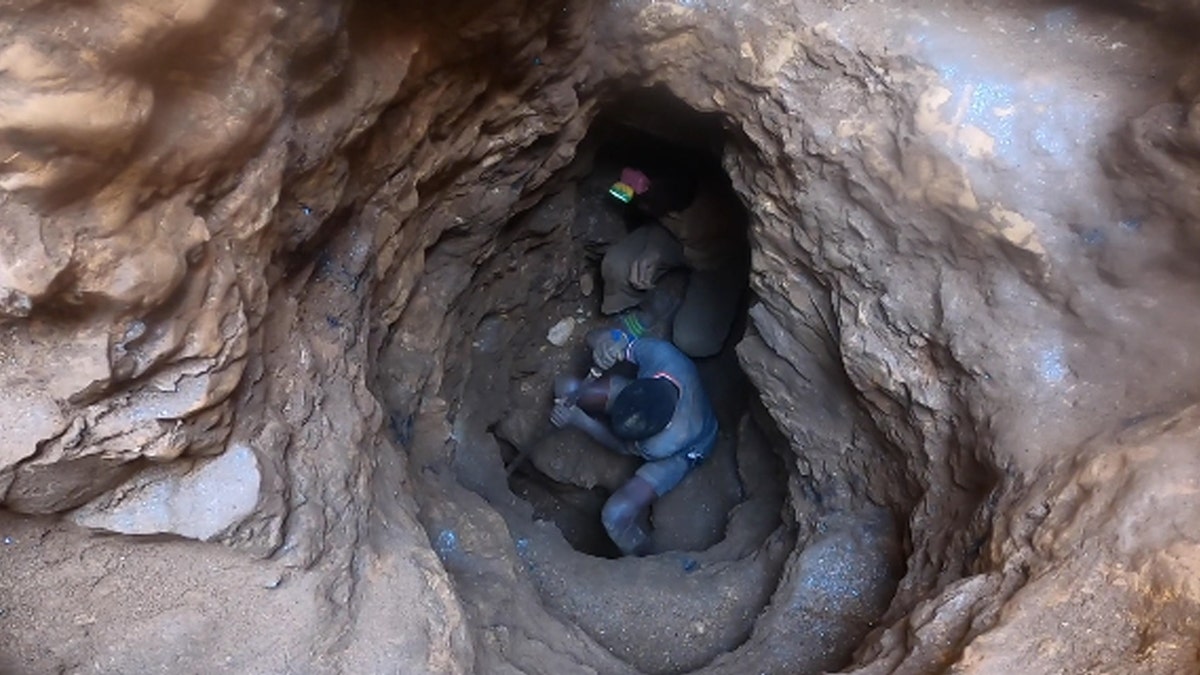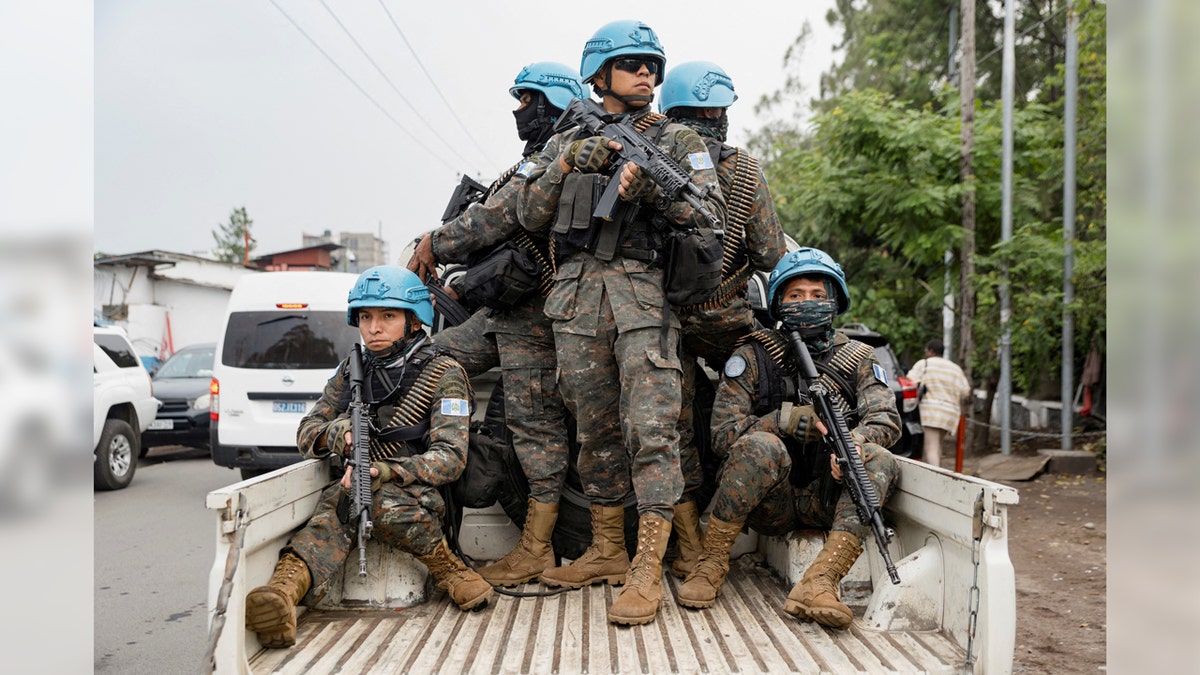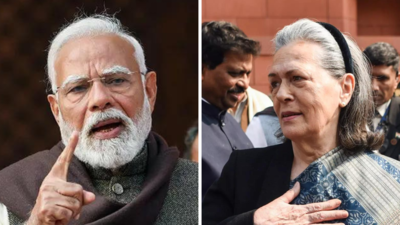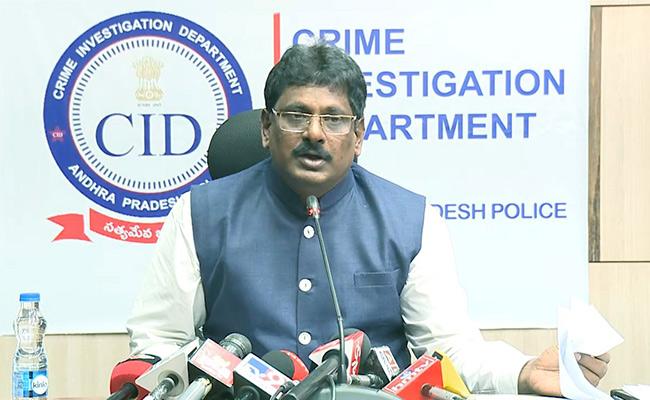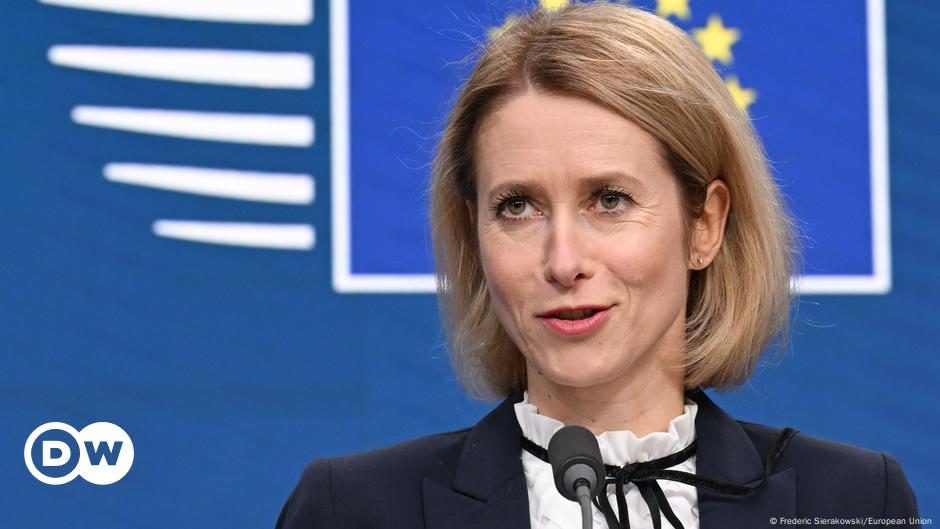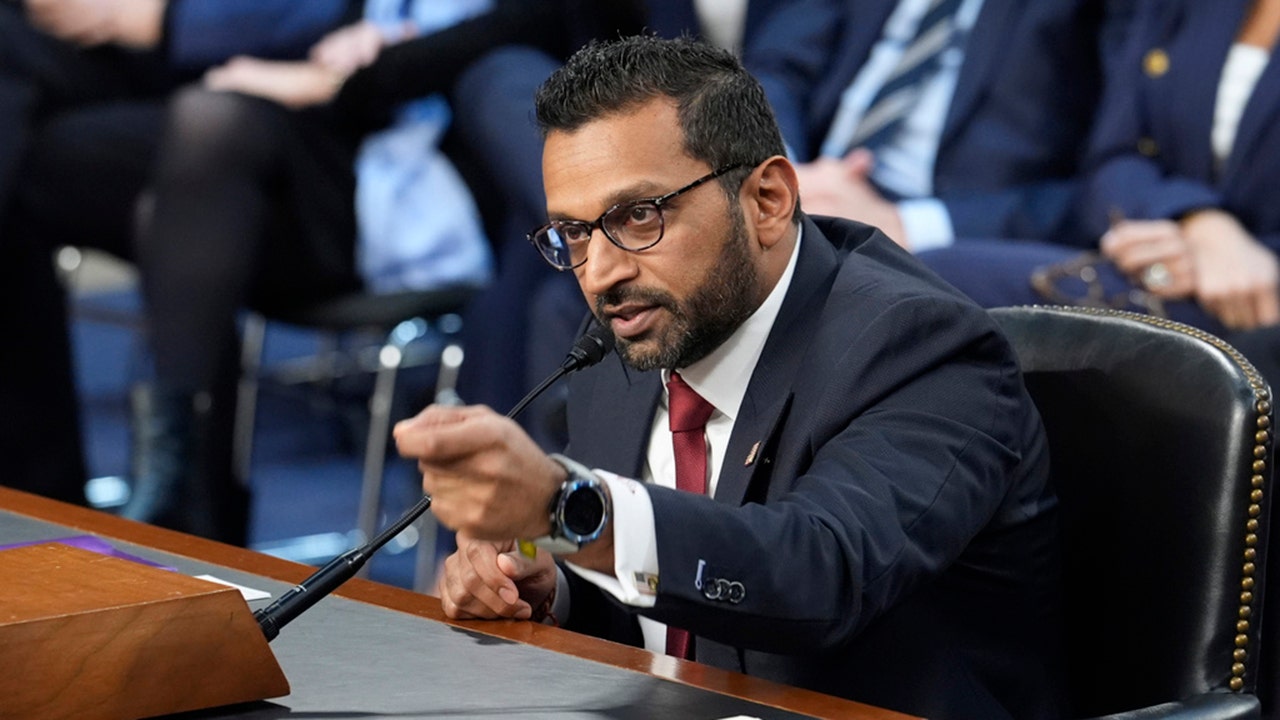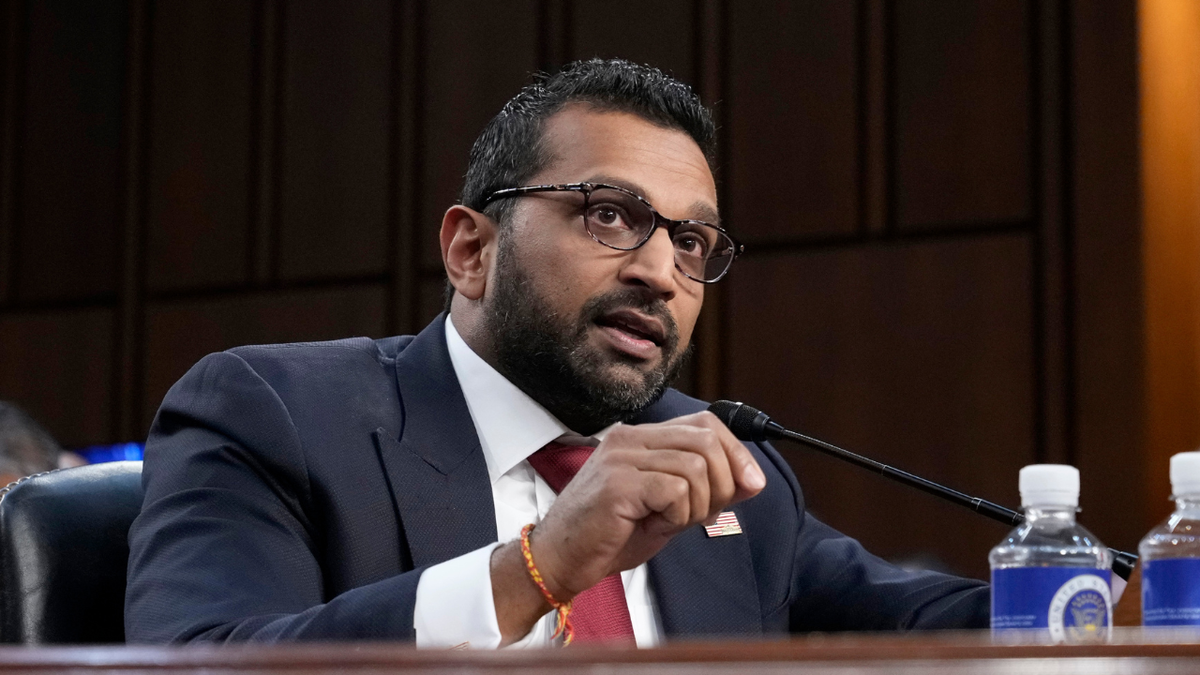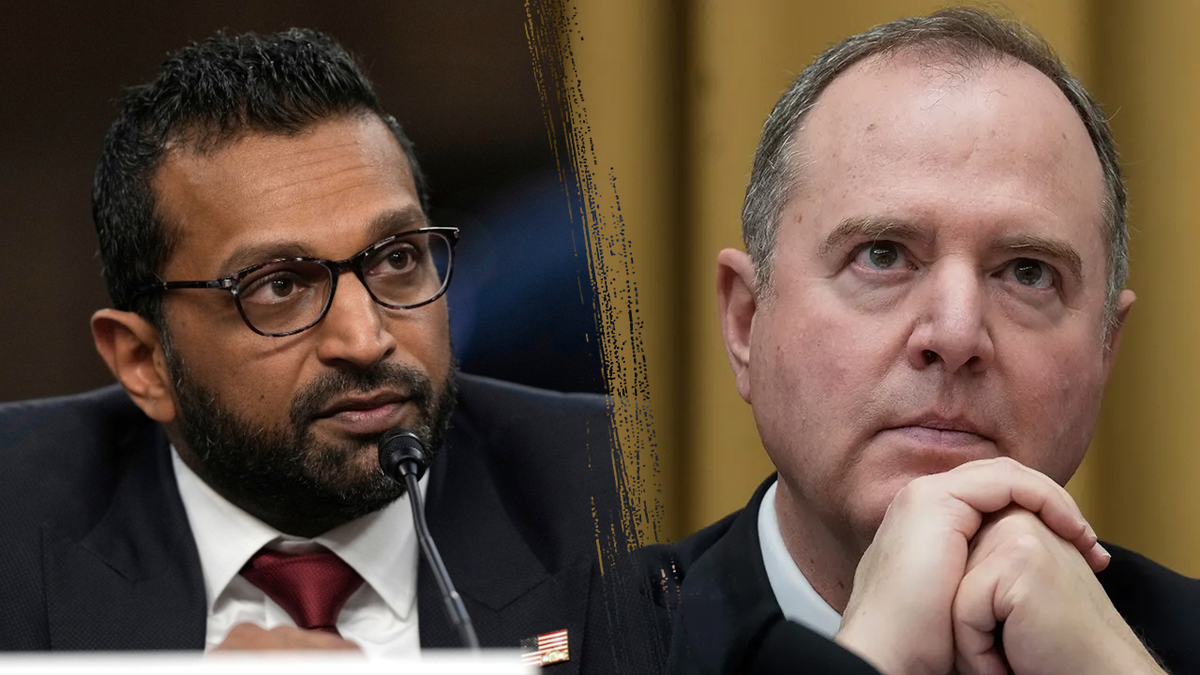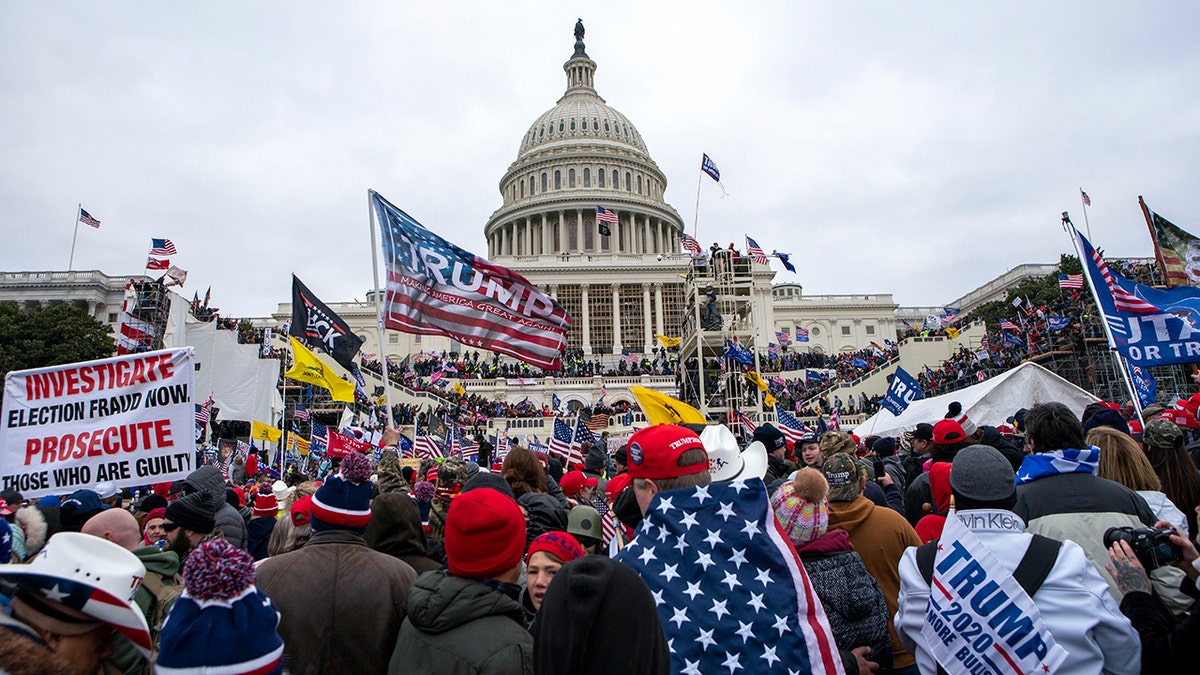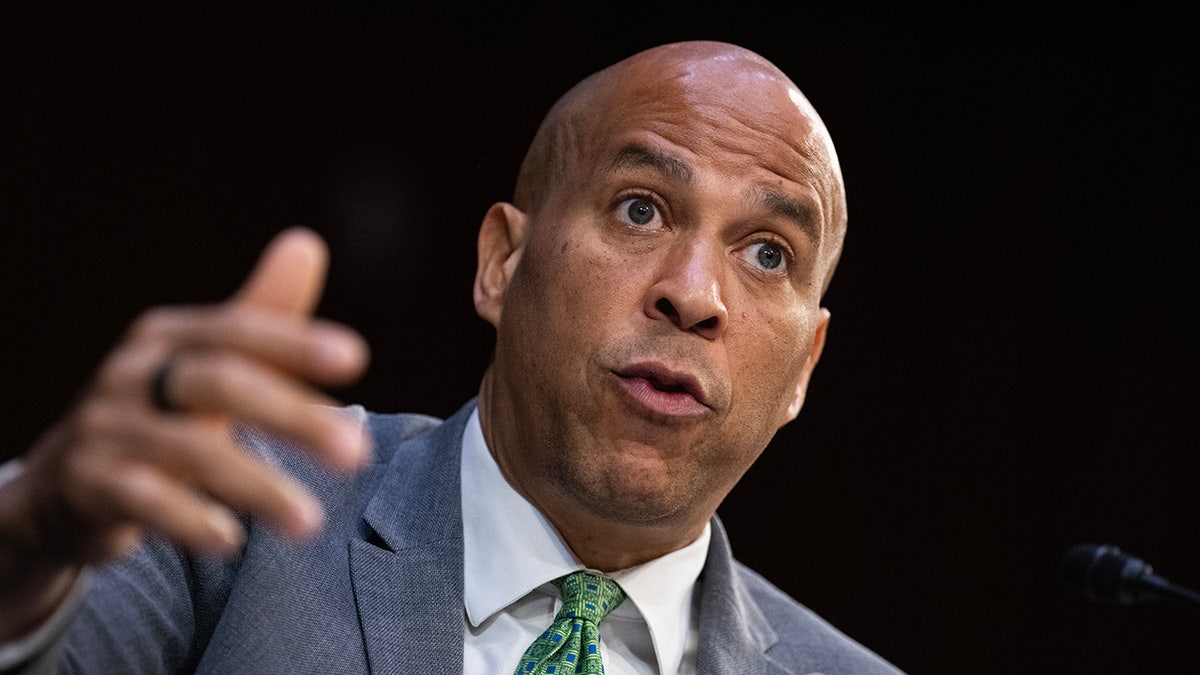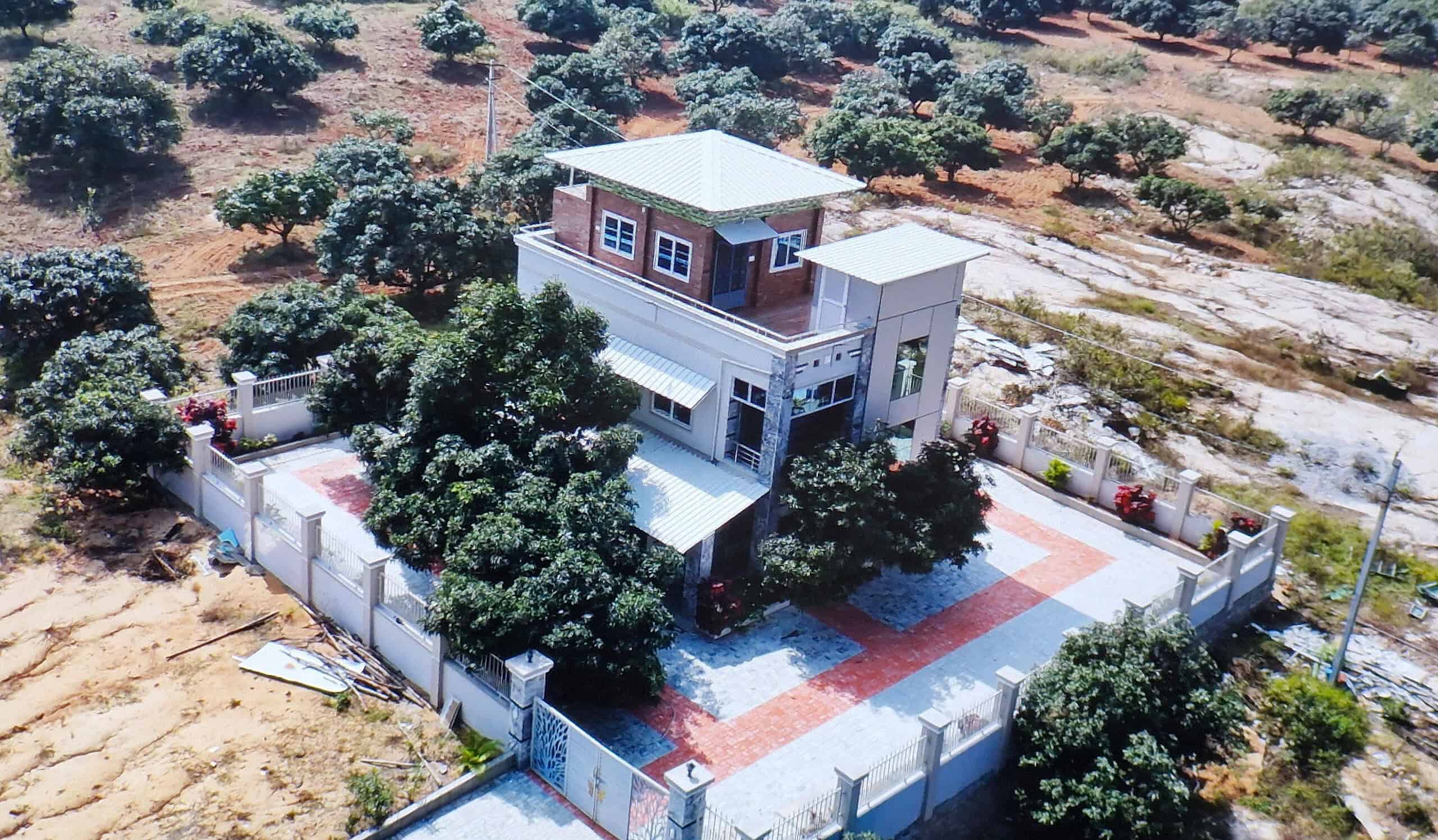CNN
—
President Donald Trump is set to impose his tariffs over the weekend, gambling that taxing American companies for imported goods will ultimately punish the countries that make stuff Americans want – and bring those nations to the negotiating table. But it’s a risky bet that could easily backfire on American consumers and the economy.
In the United States, tariffs typically serve a limited but important purpose: They are intended to grow America’s economy by incentivizing the purchase of made-in-the-USA goods. They accomplish that by effectively penalizing American companies that buy foreign goods with high taxes.
Economists largely believe that, in limited circumstances, tariffs can be effective tools for economic growth. But Trump believes that tariffs have an altogether different purpose.
Trump has long praised tariffs as effective economic policy. On Monday, Trump called “tariff” the fourth-most beautiful word in the dictionary, behind “God,” “love” and “religion.”
And Trump has repeatedly (and incorrectly) said that “the tariff sheriff,” former President William McKinley, ushered in an era of American prosperity at the end of the 19th century by going all-in on tariffs. Though the economy was growing strong in the 1890s, that was largely on the back of practically unrestricted immigration, among other factors.
Still, Trump has used and promised to employ tariffs for three primary purposes: to raise revenue, to bring trade into balance and to bring rival countries to the negotiating table.
America is running massive deficits, and Trump’s tax cut plan could put the budget even deeper in the hole. Trump has said the tariffs will make up for lost revenue: He predicted last week in a keynote address to the World Economic Forum the tariffs would bring in hundreds of billions of dollars – perhaps trillions of dollars – into the US Treasury.
Trump routinely criticizes American trade policy for “subsidizing” Canada and Mexico, saying America is “losing” hundreds of billions of dollars to its neighboring nations. Trump is imprecisely talking about the trade gap, the difference between what America exports and imports. Some economists caution that Trump’s language about America’s trade gap presents an unfair representation of what has become a crucial mechanism for the US economy – its ability to purchase services offered by other countries as well as stuff that isn’t made here much, like coffee.
And Trump likes tariffs because they can force countries to give up something he believes is in America’s best interest. Although tariffs are charged to importers, they can dissuade buyers from purchasing goods from tariffed countries, hurting those nations’ economies. That has led some of them to seek agreements to avoid tariffs. Trump has said he wants Canada and Mexico to stop the flow of undocumented immigrants and illegal drugs into the United States. And for China, Trump has said tariffs would be aimed at forcing the country to make good on what he said was a stated promise to him that the government would execute people caught sending fentanyl to the United States.
Trump and his administration have been consistent: Tariffs in some form are coming on Saturday. But they’ve been mum about when, exactly, they would come, and they’ve offered conflicting information about what tariffs would be announced this weekend.
During an Oval Office signing ceremony on his first day in office, Trump said he would impose 25% across-the-board tariffs on Mexico and Canada on February 1. The next day he said he would place a 10% tariff on all goods from China on February 1. Press Secretary Karoline Leavitt reiterated Wednesday that February 1 was when tariffs would go into effect. And again on Thursday from the Oval Office, Trump said his administration will be announcing 25% tariffs on Canada and Mexico Saturday.
But Trump at an address to House Republicans on Monday spelled out specific items that his administration would tariff – rather than across-the-board tariffs – including pharmaceuticals, microchips and steel. Confusingly, earlier that day, Treasury Secretary Scott Bessent is pushing for a plan to begin with a 2.5% tariff on all goods and gradually increase them, according to the Financial Times. But Trump told reporters on Air Force One that he would reject that plan, saying “that would not be acceptable to me,” saying tariffs needed to be “much, much bigger.”
There’s widespread doubt on Wall Street that Trump will rush to put into effect those massive tariffs in full force on Saturday. To enact tariffs, Trump will probably declare a national economic emergency, invoking the International Emergency Economic Powers Act, known as “IEEPA,” which unilaterally authorizes a president to manage imports during a national emergency, CNN has previously reported. But Chris Krueger, an analyst at TD Securities, noted that Trump has not yet triggered the IEEPA statute and is running out of time to get that done for Saturday’s promised tariffs. That would have to be done by Friday morning, Krueger said.
If not Saturday – or if some limited tariffs go in place Saturday – more severe tariffs could be put in place later this year. Trump’s pick for Commerce Secretary, Howard Lutnick, hinted at a second wave of tariffs against Mexico and Canada that could come in the spring – perhaps April. He suggested that the initial tariffs, coming as soon as Saturday, are “action-oriented” tariffs aimed at reducing fentanyl and illegal immigrants coming over the US border.
And he said those action-oriented tariffs may be avoided altogether: “As far as I know, they are acting swiftly, and if they execute it, there will be no tariff,” Lutnick said Wednesday at his confirmation hearing. “And if they don’t, then there will be.”
Canada has been hoping to avoid tariffs by doing just that, working with the United States and pledging Wednesday to stand up a “strike force”on fentanyl to hit drug traffickers “harder and faster,” deploying two Black Hawk helicopters, 60 drones and new specially trained canine teams at the border.
Foreign affairs minister Mélanie Joly said Wednesday she was hopeful to avoid tariffs after her meeting with Secretary of State Marco Rubio, but she acknowledged that no one knows what will happen February 1 – only the president, she said.
But Canada is also preparing to retaliate against tariffs, if necessary. Canadian officials are working on a list of dozens of American products that the United States exports to Canada, targeting items that both send a political message and inflict a reasonable amount of economic damage, two sources said, including ceramic products, steel products, furniture, certain alcoholic beverages like Bourbon and Jack Daniels whiskey, orange juice and pet food, among other goods.
The second kind of tariff, which Lutnick said would be “ordinary tariffs,” could be executed after a study on the macroeconomic effects of levying import taxes on America’s neighbors. That study will be concluded by April, as mandated by an executive order Trump signed on his first day in office, Lutnick said.
Trump has also proposed 10% tariffs on all other goods coming into America, though he said last week his administration wasn’t ready to implement those just yet. And he proposed tariffs on Denmark to incentivize it to give control of Greenland to the United States. (He has also threatened to use military force to take Greenland.) Trump on Thursday said that goods from BRICS nations — a coalition of emerging economies backed by China and Russia — would face 100% tariffs if they attempted to move away from the US dollar in international trade.
Importantly, Trump has a history of threatening tariffs, only to later rescind them. Last week, for example, he announced steep tariffs on Colombia in retaliation for failing to accept US miliary planes with deportees. Ten hours later, he said the tariffs would not go in place after Colombia reversed its stance.
In 2019, Trump threatened a 5% tariff on all Mexican imports that would rise to 25% if Mexico declined to take action to reduce the number of undocumented immigrants crossing the border with the United States. But after Mexican officials traveled to Washington for a week of in-person negotiations – and an agreement was reached to reinstate the “Remain in Mexico” immigration policy – the tariffs were never implemented.
If Trump follows through with limited tariffs, he has said they’d be focused on pharmaceuticals, steel and computer chips. Trump on Thursday said oil may be part of the tariffs on Mexico and Canada, and his administration would make that determination as early as Thursday night.
But if tariffs are broader, that could raise prices on many common purchases – and some could happen quite quickly.
For example, because most American cars are partially made in Mexico and Canada, the tariffs would add a minimum of thousands of dollars to the cost of cars, according to experts.
Gas, food and alcohol prices would also rise if Trump imposed Canadian and Mexican tariffs.
Sneaker prices would rise if Trump raised tariffs on China: About 99% of shoes sold in the United States are imported, mostly from China, according to the Footwear Distributors & Retailers of America, a trade group that represents Nike, Steve Madden, Cole Haan and other footwear brands. America also gets the vast majority of its electronics from there.
Tariffs in certain circumstances do not cause inflation problems. Trump’s first-term tariffs did not meaningfully raise inflation, although they were far narrower in scope than what Trump is currently proposing, and the pandemic that follow skewed some of the inflationary aspects of the tariffs — many of which remained in place during the Biden administration.
But mainstream economists largely agree that tariffs cause inflation. That’s because importers — not the countries exporting the goods — pay the tax, and they typically pass that cost onto consumers in the form of higher prices. New research from the Peterson Institute for International Economics suggests Trump’s aggressive tariff campaign will force American consumers to pay more for practically everything — from foreign-made sneakers and toys to food.
They also can lead to trade wars. China, Europe and Canada, for example, retaliated against America with their own tariffs on particular items after the first Trump administration levied tariffs on certain items from those nations.
Trump’s proposed tariffs could add $272 billion a year to tax burdens, according to Karl Schamotta, chief market strategist at Corpay Cross-Border Solutions. The Peterson Institute has estimated Trump’s proposed tariffs would cost the typical US household over $2,600 a year.
Still, some proponents of Trump’s plan say the risk is worth the reward. Jamie Dimon, CEO of JPMorgan, last week told CNBC that if tariffs cause a little inflation but address a national security issue, then people should “get over it.”
Lutnick echoed those remarks Wednesday.
“If Canada is going to rely on America for its economic growth, how about you treat our farmers, our ranchers and our fishermen with respect?” he said. “And so I think the president and our Trump administration is focused on improving the lives of our producers.”
In the end, Lutnick argued tariffs mean “the economy of the United States will be much, much better.”
CNN’s Matt Egan, Elisabeth Buchwald, Alicia Wallace, Kayla Tausche and Paula Newton contributed reporting.
